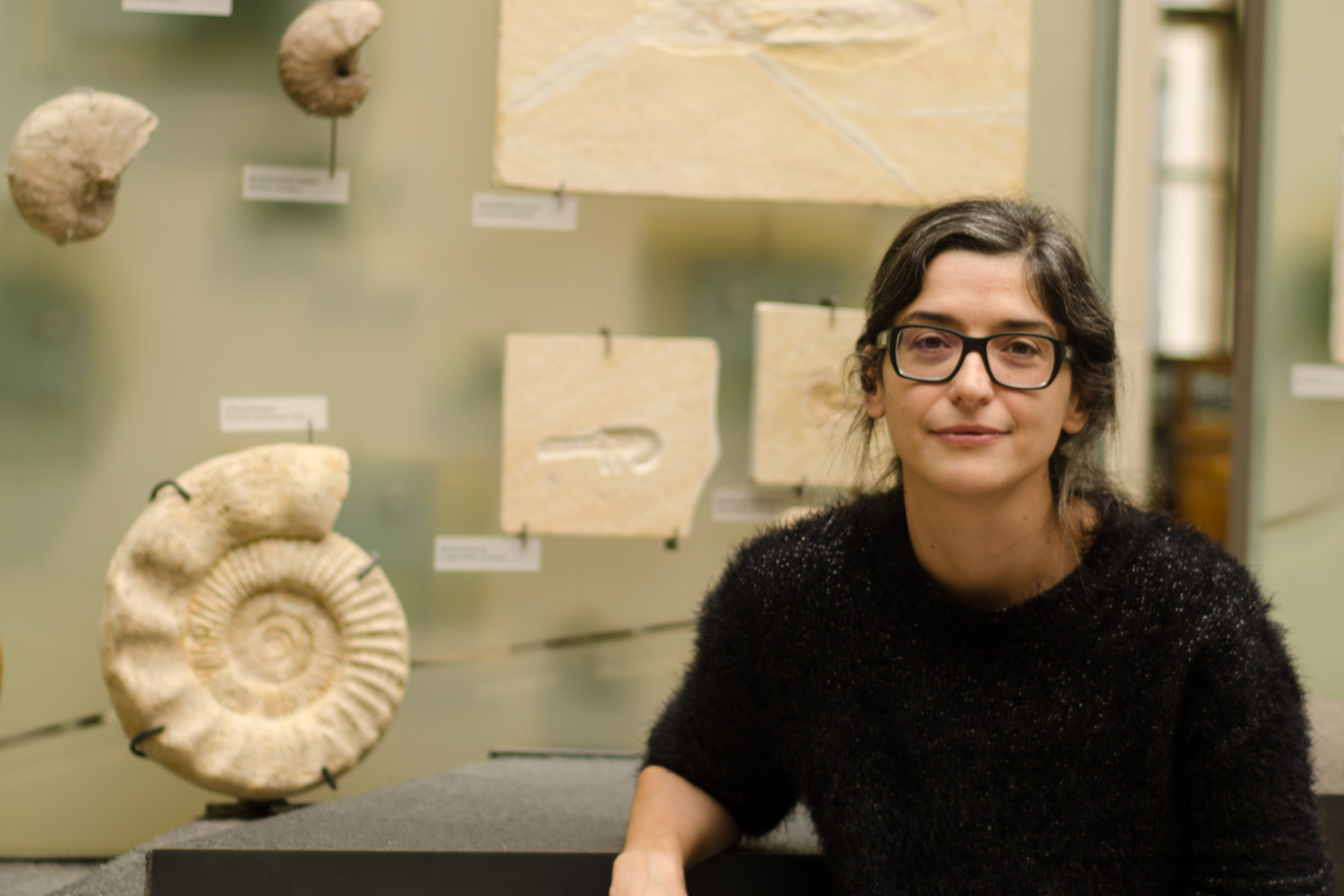
Latest information

Interview with Sara Varela, Distinguished Researcher of the Oportunius programme of the Regional Government of Galicia, affiliated with the CIM (Marine Research Centre) at the Universidad de Vigo
Thanks to grants from the ERC (European Research Council) and the Oportunius programme, the researcher returned from Germany to carry out her project on the interactions between geography, climate and life, helping to keep scientific talent in Galicia.
You were awarded one of the European Research Council Starting Grants on the interactions between geography, climate and life. What are the objectives of the project and what does it mean to have the support of the ERC to be able to carry it out?
The objective is to study evolutionary processes in their spatial context. Normally, we study how species change over time, but we don't look at the spatial context in which these changes occur. MAPAS (Mapping Biodiversity Cradles and Graves) is a very ambitious project and would be impossible to undertake without long-term support, such as ERC grants.
The Oportunius programme makes it possible to attract and retain top-level research talent. What conditions must be met to qualify for these grants and what role did it play in your return to Galicia?
The Oportunius programme complements the ERC grant with a contract for the principal investigator of the project, which can be extended if the research is producing results. The condition they ask for is to have an ERC grant. It can be a Starting Grant, Consolidator, Advanced or Synergy. The Oportunius programme has played a huge role in helping me go back to Galicia to work with similar resources to scientific groups located in leading countries in the field of research, such as Germany, right now.
What relationships are established with other top researchers outside Galicia?
Science is global. Although we are working in Galicia, what we do has worldwide repercussions, and that is why we collaborate with scientists from all over the world. The list is very extensive, right now we are starting different lines, and each person in the group has their own network of collaborations. We work with people from Germany, United Kingdom, United States, France, Brazil, Austria, Bangladesh, Italy, Switzerland, Portugal... I was recently contacted to review a thesis written by a predoctoral researcher from New Zealand.
The Oportunius programme works in two ways: it provides stability for top Galician researchers and attracts other excellent researchers from outside Galicia. How does this impact the projects you are carrying out?
Having a programme such as Oportunius helps you to be able to work on equal terms with other teams located in countries that invest more resources in research. Countries must invest in understanding and studying the challenges of their time to improve people's lives. In this sense, the Oportunius programme complements other grants, such as those from the ERC, to produce top quality science in our country.
How does being able to retain all this talent in our Community benefit the scientific community?
Being able to form international teams with leading researchers in their disciplines in the long run will help Galicia to have a competitive business structure and not be left behind when facing the challenges of our time.